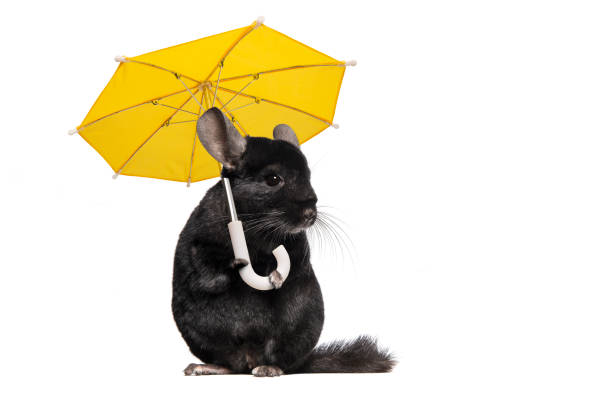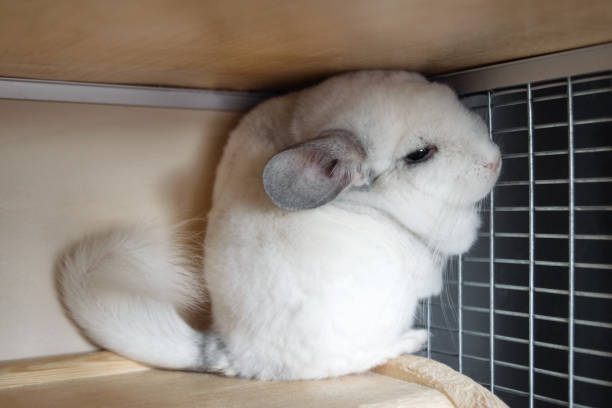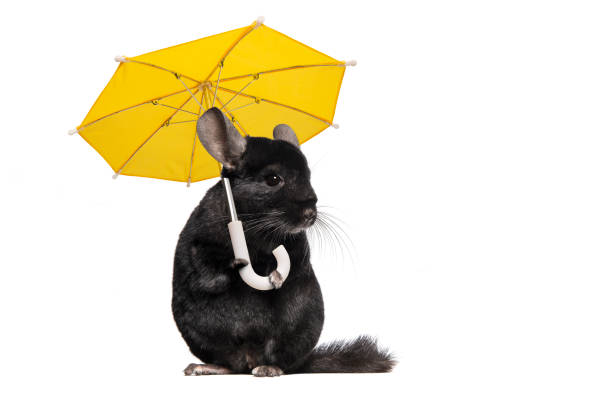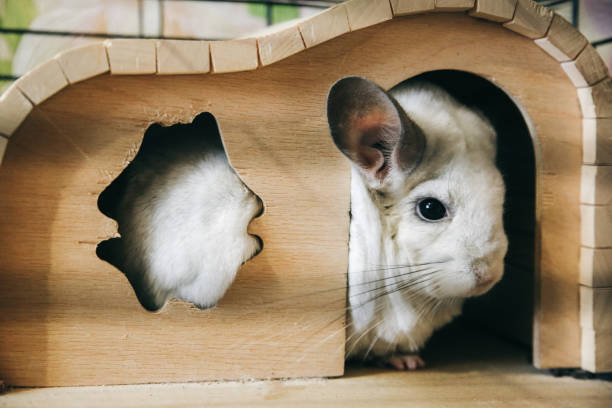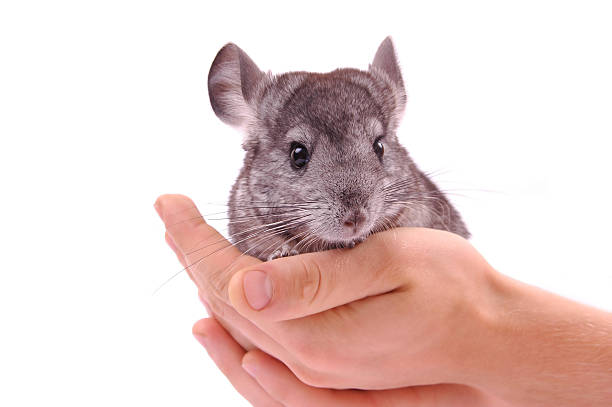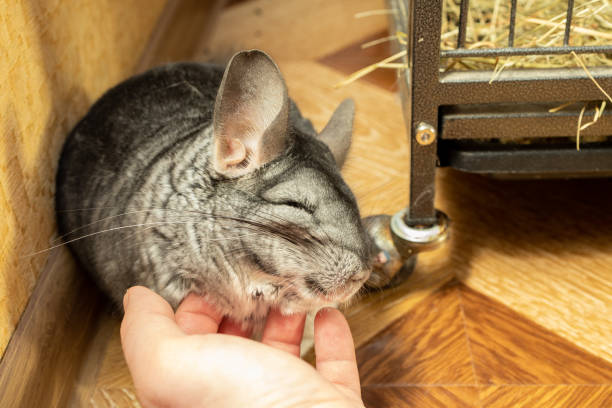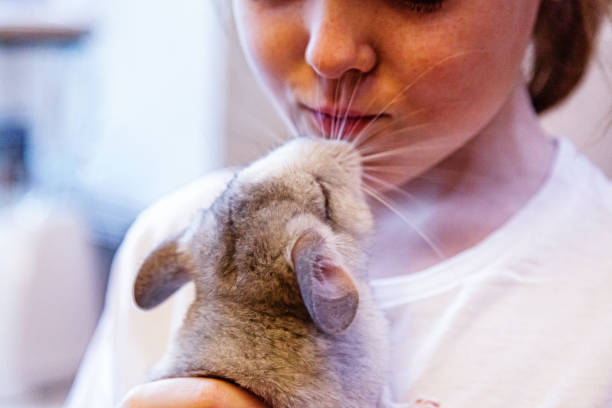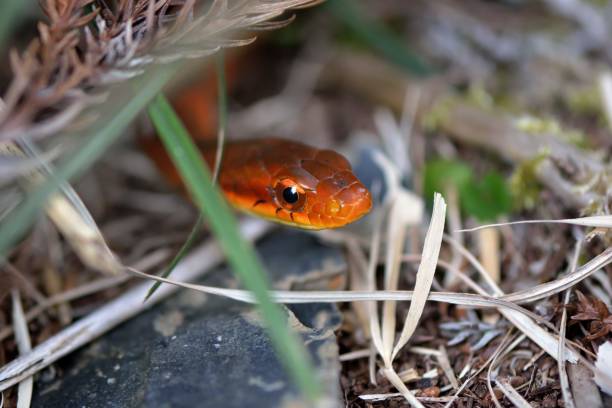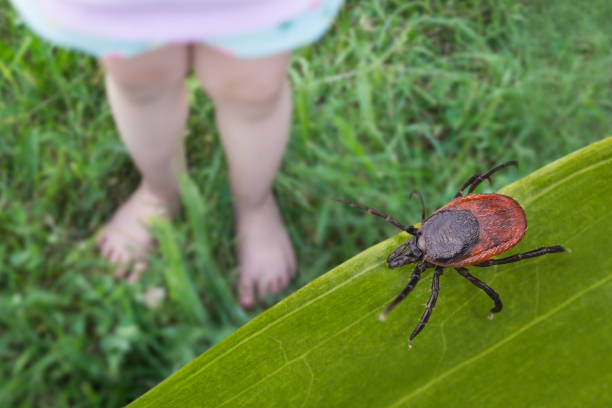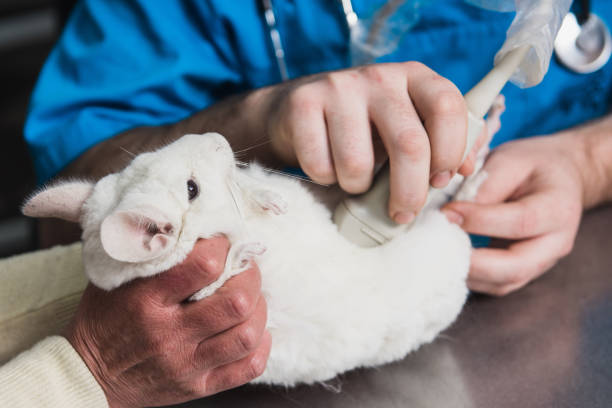Debunking Common Myths and Misconceptions about Black Chinchillas
This post contains affiliate links. This means I will make a commission at no extra cost to you should you click through and make a purchase. Read the full disclosure here.Chinchillas, with their soft fur and playful personalities, have become beloved pets for many animal enthusiasts. Among the various color variations, black chinchillas often catch the eye due to their striking appearance. However, this unique coloration has led to several myths and misconceptions. These myths can influence potential owners’ perceptions and decisions, sometimes leading to misunderstandings about the care and nature of these charming creatures. In this guide, we aim to debunk some of the most common myths and misconceptions about black chinchillas, providing accurate information to help ensure these pets receive the proper care and appreciation they deserve.
Myth 1: Black chinchillas are a separate species.
Fact: Black chinchillas are not a separate species but a color variation of the common chinchilla (Chinchilla lanigera). The black coloration is a result of selective breeding for this particular trait.
Myth 2: Black chinchillas are less healthy than other chinchillas.
Fact: The color of a chinchilla does not determine its health. Black chinchillas can be just as healthy as any other color variation, provided they are given proper care, a balanced diet, and regular veterinary check-ups.
Myth 3: Black chinchillas are more aggressive.
Fact: Temperament in chinchillas is not linked to their fur color. Aggression can result from individual personality, improper handling, or stress, but not specifically from being black.
Myth 4: Black chinchillas require different care than other chinchillas.
Fact: All chinchillas, regardless of color, require the same care. This includes a spacious cage, a diet high in fiber, regular dust baths, and a consistent environment with a stable temperature and low humidity.
Myth 5: Black chinchillas are rarer and therefore more valuable.
Fact: While black chinchillas may be less common due to selective breeding practices, their rarity doesn’t necessarily translate to increased value. The value of a chinchilla can depend on various factors, including the breeder’s reputation, the animal’s health, and its lineage.
Myth 6: Black chinchillas need more frequent grooming.
Fact: All chinchillas require regular dust baths to keep their fur clean and healthy. The grooming needs of a black chinchilla are no different from those of any other color.
Myth 7: Black chinchillas have shorter lifespans.
Fact: There is no evidence to suggest that black chinchillas have shorter lifespans than other chinchilla color variations. With proper care, chinchillas can live between 10 to 20 years, regardless of their color.
Myth 8: Black chinchillas are harder to breed.
Fact: Breeding black chinchillas involves understanding genetic inheritance, but they are not inherently more difficult to breed than other color variations. Like all breeding programs, it requires knowledge, experience, and responsible practices.
Final Thoughts
Black chinchillas are a beautiful and unique color variation of the common chinchilla, and they share the same care requirements and potential for health and temperament as any other chinchilla. Understanding these facts can help potential chinchilla owners make informed decisions and provide the best care for their pets.

